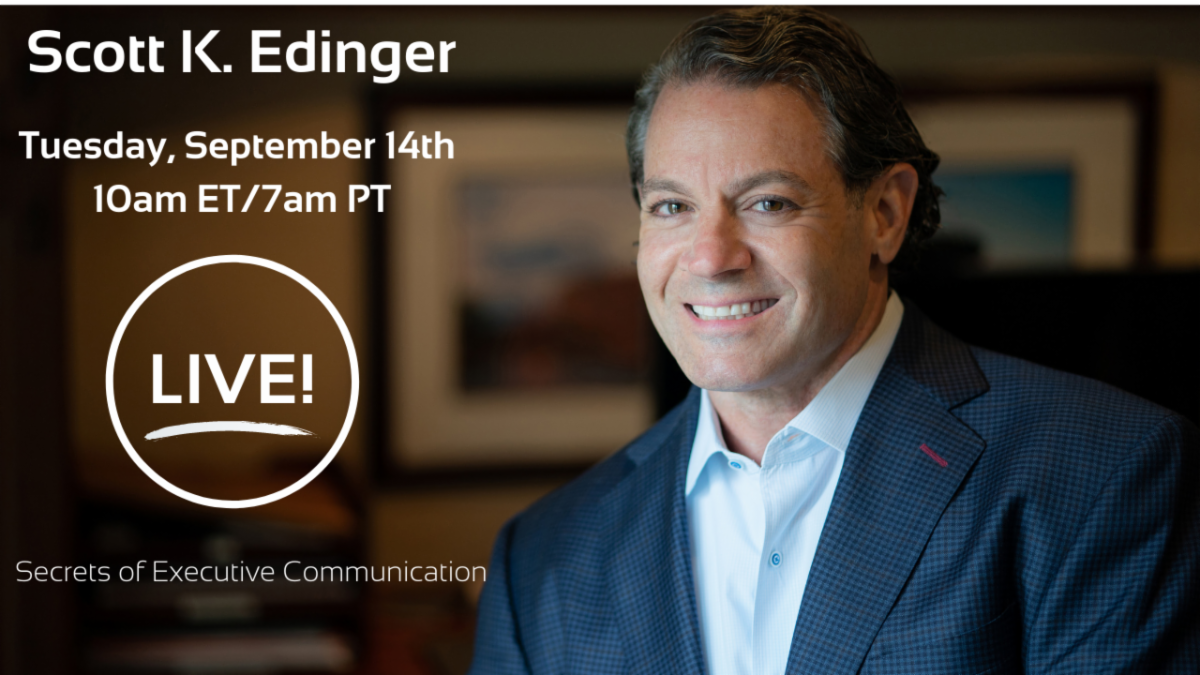
September 9, 2021
How Creative is Your Problem Solving?
People are inherently drawn to solving problems, yet some are much better at it than others. Successful problem solving is about an individual or team’s ability to incorporate creativity and innovation into their approach.
The Marshmallow Challenge (it’s worth watching if you haven’t seen it,) is a great example of the chasm between great and mediocre problem solvers. This simple exercise tasks teams of four with the creation of a freestanding structure using spaghetti, tape, string, and a marshmallow.
What is most interesting is that kindergarteners are among those with the most success, and some of the tallest and most interesting structures. The reason being that kindergarteners approach problems without many self-imposed constraints and a willingness to try a lot of different things.
What I found most amusing was that the lowest performers in the challenge are MBA students, and senior executives don’t do well either. Both groups focus too much time on planning and finding the one perfect solution.
To create a culture where you team approaches problems with the creativity of a kindergartener, think about these tips:
- Establish an environment where people know that failure is a necessary and accepted part of innovation.
- Don’t spend too much time planning and talking about what could be done. Get out of the conceptual thinking and dive in.
- Encourage rapid prototypes and iterative cycles of learning. You’ll get a lot of immediate feedback if you try a multitude of approaches quickly.
- Create an award or process for acknowledging the best ideas that didn’t work. By rewarding the thinking and effort, you will encourage the behavior.
Almost a decade ago I wrote that leading innovation has far less to do with the leader having innovative ideas; it has everything to do with how that leader creates a culture where innovation and creativity thrive. This still rings true today. Read more about creating a culture of innovation in my Forbes article “Don’t Innovate. Create a Culture of Innovation.”
Don’t Make These Apology Mistakes
None of us are perfect, and knowing how to apologize authentically is a critical piece of developing healthy professional relationships. A good apology allows people to move forward from mistakes or difficulties. I bet you’ve seen many occasions when people hang on to old issues and it negatively impacts future performance.
That’s because, too often, apologies aren’t effective. They lack substance, are overdone, and end up causing more harm than good. One of the reasons a good apology is so rare is that it requires the person who is apologizing to let go of explaining themselves. There is ample reason to share your perspective, but it’s about timing.
Business leaders frequently fill their apologies with explanations and reasons behind their actions. What’s missing is the actual apology. And without an apology, the people who need to won’t be able to move forward. This can wreak havoc on workplace culture and productivity.
So how can you effectively apologize when you’ve messed up? Dr. Harriet Lerner wrote a book called “Why Won’t You Apologize?” in which she discusses nine essential ingredients of a true apology. Here are a few to consider:
- Don’t include the word “but”
- Don’t overdo it
- Don’t get caught up in who is more to blame or who started it
- Don’t ask the hurt party to do anything, not even to forgive
Leaders need to harness the power of apologies as a tool to open the communication channels with their team, build trust and cultivate stronger relationships.
Fresh Starts
I celebrated Rosh Hashanah, the Jewish New Year, this week. Shana Tovah to you and yours, which is Hebrew for “a good New Year!”
I’ve always appreciated the value of a fresh start. So, even if you don’t celebrate Rosh Hashanah, the opportunities for a fresh start are everywhere. There are the big ones, like the secular New Year, birthdays, or the beginning of a school year or new job. There are also so many smaller opportunities for a fresh start: the beginning of a quarter, month, or week.
But maybe the most important fresh start of all is the beginning of each day. No matter how big or how small, the thing to remember about every fresh start is that the only thing you can change is yourself. You have control over how you approach situations and how you manage your emotions. You decide how you spend your time and focus your attention. And with that, you have the opportunity to bring about change and improvements in every area of your life with the beginning of each new day.
LinkedIn Live
Join me on Tuesday, September 14th at 10 am Eastern as we discuss secrets of executive communication.

Subscribe to Edinger's Insights Newsletter
Edinger’s Insights is packed with strategies and ideas to lead business growth.*
*Scott will never share your contact information
EdingerInsights_SignUp
Thank you for subscribing.
Please try again later.


